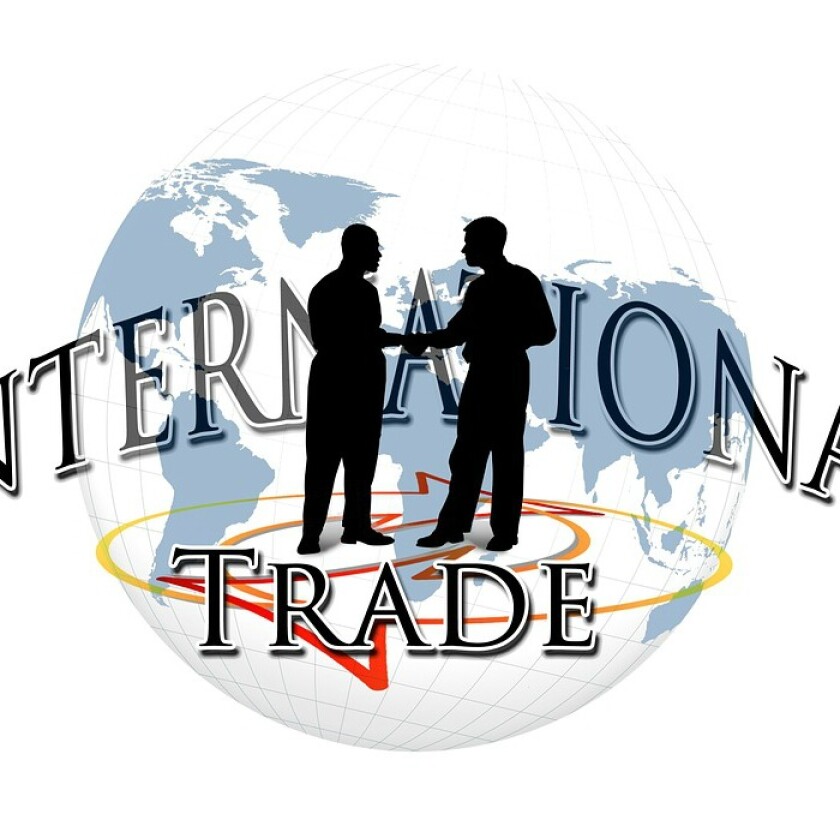On the other hand, the municipality of São Paulo has issued a controversial normative ruling setting a restrictive stance as regards the applicability of the Municipal Service Tax (ISS) exemption on service exports, which will most likely trigger more legal disputes.
ICMS on temporary imports
As regards the ICMS, as we explained in a previous ITR article, the Brazilian Federal Supreme Court (STF) issued a ruling on Extraordinary Appeal 540.829, in September 2014, asserting that the triggering event of this tax levied on imports will only occur if the goods’ ownership is transferred to the Brazilian party.
As a consequence of the ruling – which is a leading case, binding similar future/ongoing lower courts’ decisions – companies performing temporary imports with no transfer of ownership obtained significant grounds to challenge the levy of the ICMS on such transactions, as well as to recover the tax paid in the last five years (statute of limitations period).
In view of said ruling, the state of Rio de Janeiro issued Resolution 1000/16, establishing:
The suspension of the issuance of tax assessments to charge the ICMS as regards the imports of goods without the transference of their ownership;
The determination to cancel tax assessments issued on such grounds;
That the ICMS, when due, will be paid upon the customs clearance for nationalisation of the goods or upon the extinction of special custom regime established in the federal legislation; and;
That this resolution cannot trigger the refund of the ICMS paid in previous imports.
Such resolution is great news for importers in Rio de Janeiro, as it ensures that the state will comply with the STF’s ruling, granting more legal security, enabling them to carry out temporary imports of goods without the levy of the ICMS.
Nevertheless, we do not agree with the restriction on recovering ICMS paid on previous imports. This is because, based on the binding precedent, if the levy of the ICMS on imports of goods without the transference of its ownership is unconstitutional, the payment of the tax in such circumstance is undue, and thus must be refunded, or the state will have been illegally enriched.
ISS on service exports
In relation to the ISS, as we pointed out in an earlier article for ITR, published on March 18 2015, Supplementary Law 116/03 sets forth that exports of services are exempt from the ISS, except when the service is performed in Brazil and its outcome is also verified in this country, even if a foreign party pays for the services.
However, several disputes between municipal tax authorities and taxpayers arise in connection with the criteria to be met for properly enjoying such ISS tax exemption, as the legislation does not set forth a clear definition of what should be interpreted as “service outcome”, especially when the service is fully performed in Brazil, but in favour of a foreign party.
In view of such controversy, the municipality of São Paulo issued Normative Ruling 02/16, which states that for purposes of the tax exemption of service export, the “service outcome in Brazil” is typified when the service is performed in the Brazilian territory, irrespective of whether any benefits arising from such activity are enjoyed or verified abroad by a foreign party. Furthermore, it states that service export is not the mere delivery of the product resulting from the activity, such as reports or communications, as well as isolated procedures performed abroad that do not constitute effective provision of services in foreign territory.
We do not agree with this stance, as it reduces the range of the ISS tax exemption, almost eliminating it. This is because, according to this understanding, the service export would only be typified if the services are fully performed and concluded abroad by a Brazilian provider, which is already out of the municipalities’ jurisdiction, and thus not subject to the ISS.
In our opinion, the expression “service outcome” should be interpreted as the benefits derived from the service rendered, so that the ISS tax exemption may be enjoyed when the benefits of the services are verified abroad.
In this scenario, based on several precedents from some States’ Courts of Justice (including São Paulo), and the understanding of several Brazilian jurists, we believe that there are strong arguments to challenge the interpretation as regards the expression “service outcome”.
Ricardo M. Debatin da Silveira (rsilveira@machadoassociados.com.br) and Gabriel Caldiron Rezende (grezende@machadoassociados.com.br) are members of Machado Associados’ indirect tax team.










